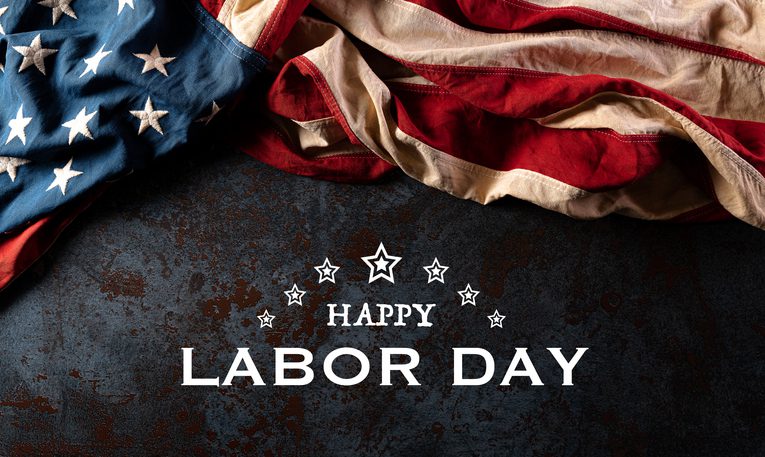
Uncover the compelling history behind Labor Day, tracing its roots from labor movements to a nationally celebrated holiday.
Introduction: As the summer breeze gives way to the crispness of autumn, the first Monday in September marks a significant event in the United States – Labor Day. While many view it as just another day off work, Labor Day has a deeper meaning. It’s a day to honor workers’ contributions, recognize the achievements of the labor movement, and reflect on the evolving landscape of work in our society.
The Historical Context: Labor Day’s origins can be traced back to the late 19th century, a time of rapid industrialization and labor unrest. Workers were subjected to grueling hours, unsafe working conditions, and meager wages. In response to these challenges, labor unions emerged, promoting better working conditions, fair wages, and reasonable work hours. The first Labor Day parade was organized in New York City on September 5, 1882, by the Central Labor Union, showcasing the strength and unity of the labor movement.
Honoring the American Workforce: Labor Day serves as a reminder of workers’ valuable contributions to our society. From the construction workers building our cities’ skylines to the teachers shaping the minds of future generations, every occupation plays a crucial role in our interconnected world. It’s a day to recognize the dedication, resilience, and innovation that workers bring to their jobs every day.
The Changing Nature of Work: As we celebrate Labor Day, it’s essential to acknowledge that the nature of work has evolved significantly over the years. Advancements in technology have transformed industries, leading to automation and changing skill requirements. The gig economy has also emerged, offering flexible work arrangements but raising questions about job security and employee benefits. This Labor Day, we should contemplate how we can adapt to these changes, seek equitable treatment for all workers, and provide them with the opportunity for growth.
Balancing Work and Well-being: While work is undoubtedly a fundamental part of life, prioritizing our well-being is equally crucial. The modern work culture often emphasizes constant productivity and long hours, leading to burnout and stress. Labor Day can serve as a reminder to find a healthy balance between work and leisure, promoting mental and physical health. Indulging in breaks, dedicating moments to special people, and pursuing hobbies can revitalize us and enhance our effectiveness.
Celebrating Responsibly: As we enjoy Labor Day’s long weekend and various festivities, let’s also remember to celebrate responsibly. Whether grilling in the backyard, enjoying outdoor activities, or traveling, safety should be a top priority. Respecting traffic rules, practicing fire safety, and adhering to local guidelines ensure that the holiday remains enjoyable for everyone.
Conclusion: Labor Day is more than just a holiday; it celebrates the spirit of hard work, resilience, and progress. As we honor the achievements of workers past and present, let’s also consider the future of work in an ever-changing world. By fostering a culture that values both work and well-being, we can create a society where every individual’s contributions are recognized, respected, and rewarded. So, this Labor Day, let’s take a moment to express gratitude for the labor movement’s impact on our lives and work toward a future where every worker can thrive.
